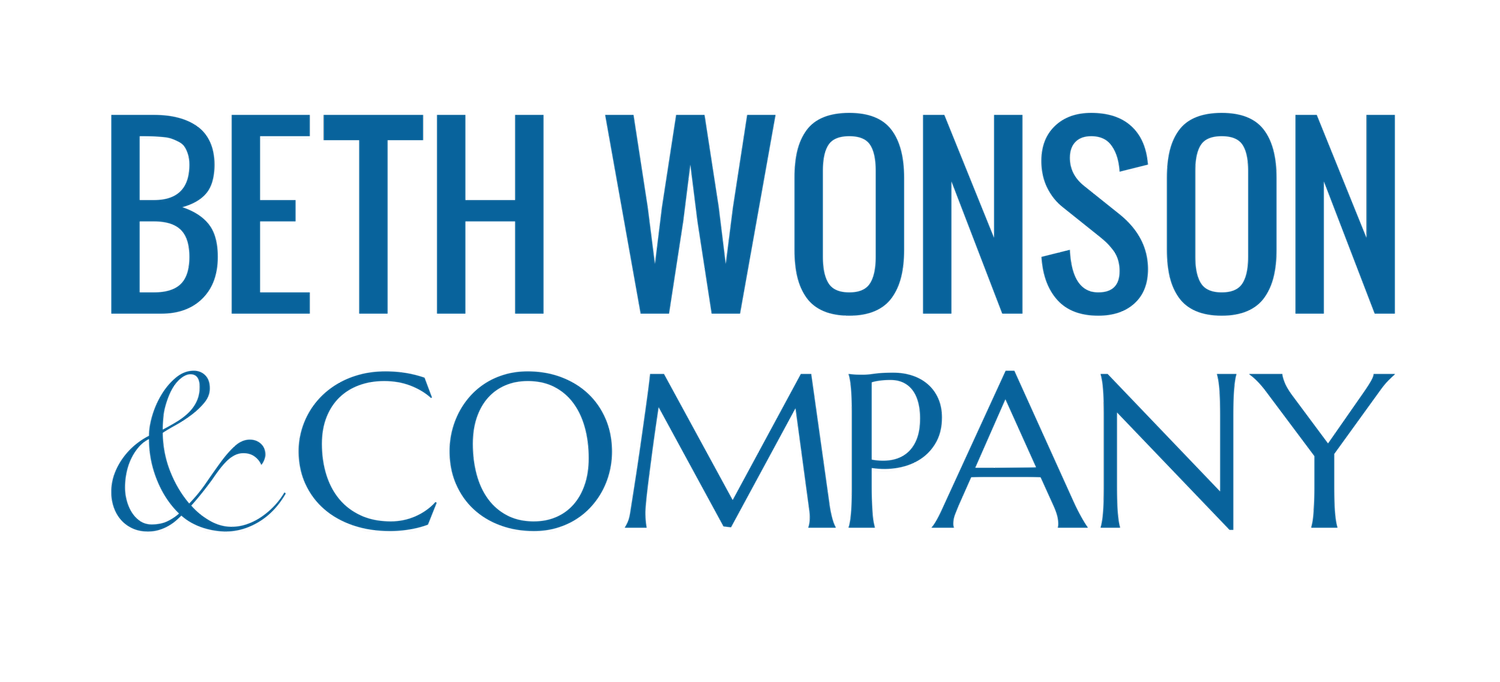Invest in Mastering Feedback for Team Success
Can you imagine working someplace where:
People actively seek feedback rather than fear it.
Feedback becomes an everyday occurrence, not a dreaded annual event.
Teams grow stronger through consistent, constructive communication.
Leaders build trust through transparent, fact-based feedback.
These days, a positive work culture can make or break your organization. And yet, one of the most powerful tools for building a positive culture remains misunderstood, poorly implemented, and often feared: Feedback.
I happen to be someone who actually loves giving and receiving feedback. But that wasn’t always the case. Before I studied feedback and came up with my own unique, easy to follow and empowering method for feedback, I too resisted and dreaded feedback.
Previously, feedback felt very personal to me. It felt like criticism. I often felt shame instead of empowerment when receiving feedback. And when I had to give feedback, I wondered “Who am I to give feedback?” I feared I would damage my relationship with my team.
Do you ever feel that way?
I'd like to share how and why any organization — for-profit, non-profit or public sector — must embrace and prioritize developing a healthy feedback culture. And how the Navigating Challenging Dialogue® (NCD) approach to Mastering Feedback makes it easy to shift.
The Hidden Cost of Poor Feedback
Many organizations don't realize how significantly poor feedback practices affect their bottom line.
When feedback is dreaded, avoided, or delivered ineffectively, it creates ripple effects throughout the company:
Employees stay stuck in unproductive patterns.
Teams operate with unnecessary friction.
Leaders miss opportunities to develop their people.
Innovation stagnates when people fear speaking up.
Relationships are damaged and trust is negatively impacted.
Yet when feedback is done using the NCD Mastering Feedback model, it becomes a tool for growth and development rather than a source of anxiety.
Why Most People Fear Giving Feedback
The hundreds of managers and executives I work with report experiencing anxiety and hesitation about delivering feedback.
This fear stems from:
Past bad experience. Everyone I talk to has a story to share about a time when someone delivered feedback in a way that caused upset and damaged trust.
Fear of emotional reactions: Many leaders worry about triggering negative emotional responses that could damage workplace relationships. The prospect of tears, anger, or defensiveness creates significant discomfort.
Concerns about discrimination claims: Many managers worry that feedback might be misinterpreted as discrimination or bias, especially when delivered to employees from protected groups.
Unclear expectations: Without proper training, many leaders lack confidence in knowing when and how to deliver feedback appropriately.
Personal discomfort with conflict: I hear this all the time: Leaders and managers almost never receive coaching, training or mentoring on how to deal with the discomfort and vulnerability that effective feedback requires.
Remote work challenges: The shift to remote and hybrid work has made feedback conversations feel more awkward and less personal.
How Feedback Avoidance Damages Culture
When you avoid giving necessary feedback due to these fears, workplace culture suffers in multiple ways:
Problems fester: Small issues that could have been addressed early grow into major problems.
Trust erodes: Employees sense when managers are withholding honest feedback, which diminishes trust.
Performance stagnates: Without clearly identifying the gaps between how an employee is currently performing and what a successful performance looks like, even your most engaged and talented employees can plateau.
Resentment builds: This is the most frequent issue I see when feedback isn’t given effectively. As problems go unaddressed and are allowed to fester, or work arounds are created for one employee, resentment can develop within the rest of the team towards both the “problem” person and the leader who isn’t giving the clear feedback.
Psychological safety declines: This is the snowball effect because, ironically, avoiding difficult conversations creates an environment where honest communication feels less safe.
Next week, I’ll continue this conversation by diving into the transformative benefits of the NCD Mastering Feedback model.
P.S. If you want to, right now, get your team started with the NCD Mastering Feedback model go here or set up a time to chat with me about options.
